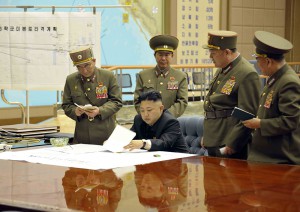 Over a century ago, as this column noted, events in Europe were simultaneously described as serious but not yet desperate and as desperate but not serious. Given the antics of the Boy Sun King in Pyongyang, Kim Jung Un, it is hard to know how serious or desperate the current situation on the Korean peninsula is.
Over a century ago, as this column noted, events in Europe were simultaneously described as serious but not yet desperate and as desperate but not serious. Given the antics of the Boy Sun King in Pyongyang, Kim Jung Un, it is hard to know how serious or desperate the current situation on the Korean peninsula is.
Kim unilaterally abrogated the truce that ended the Korean War sixty years ago; cut off the hotline with Seoul; threatened to strike America; provocatively moved several of his mobile rockets; restarted the Yongbyon reactor; and warned diplomats in the north to leave in advance of conflict. Is Kim serious in threatening a state of war? Is he desperate? Is he loony? Or has he other motives for consolidating power perhaps before striking a grand bargain with the outside world? No one really knows probably including many of those in his inner circle.
So far, the United States and South Korea have acted sensibly and prudently. No doubt contingency plans for military options are being closely reviewed and forces being readied in the event Kim does something foolish or if further escalation occurs. What else might be done given that our knowledge and understanding of the North is at best incomplete and lacking?
Perhaps a little shock and awe might be appropriate in keeping events from becoming desperate while mitigating the risks of further escalation. Shock and awe are about affecting, influencing and controlling will and perception of an adversary. In essence, the aim is to get the adversary to do what we want done or to stop doing what we find offensive or dangerous. Military force may or may not be needed or threatened.
Given the intransigence of decades of Kim family rule, a direct threat to North Korea is certain to fail. Thus, an indirect and subtle approach through Beijing may offer the best way to affect and influence the leadership’s will and perception. How might that be done?
The worst case in China’s view is another Korean war with possibly millions of casualties and huge numbers of Koreans fleeing across the Yalu. China also must know that North Korea would be defeated perhaps as quickly as the Taliban and Saddam’s Iraqi Army were routed by the overwhelming power of the U.S., in this case assisted by a very able Korean defense force. That would mean American and South Korean forces crossing or overflying the 38th parallel and heading north to finish the job. A repeat of 1950 is something China would surely do most anything to avoid.
The United States can influence and reinforce this perception of the dangerous consequences of another Korean War on China. U.S. commanders can brief the press on background or off the record on how a war might be fought; the extent of casualties that could mount into the hundreds of thousands or more; and how it would end for the North. There would be no need for bluster or braggadocio. A straightforward analytical appraisal of the likely outcome of war would be sufficient.
The question of the post-war peace would surely arise especially the composition of the ruling regime. Further, the U.S.’s U.N. Mission could hold informal talks with China, Russia and others conditioned on Kim taking some form of provocative or military action that leads to war. These talks need not exaggerate the dangers and instead examine the question of “what if?”
Obviously, reports of such talks and briefings will reach Beijing at the speed of light. Most likely, Beijing would remind their colleagues in Pyongyang of the potentially catastrophic consequences of war and inform them of serious American thinking about a post-war north. Whatever motivates Kim, surely survival is a top priority. And the U.S. could de-escalate the standoff when Kim tones down the rhetoric and even claims victory.
There are risks in any approach. Kim could misperceive this gambit as a direct threat to his survival and conclude war is the only recourse with the Hitlerian twist that should the North lose, it did not deserve to exist. Or, if Kim had more benign intentions to use his machinations to strike a deal with his neighbors, those could be derailed.
Even if this plan did succeed in defusing the current standoff, what an be done to prevent future crises? That answer must rest in a regional approach with China, Russia, Japan and South Korea engaged to convince Kim that this behavior is destructive to the stability and prosperity of East Asia. China is vital in making that happen.
Hence, the road to peace and stability starts and stops in Beijing. That must be our focus if we are to restrain Kim. Some shock and awe might help.

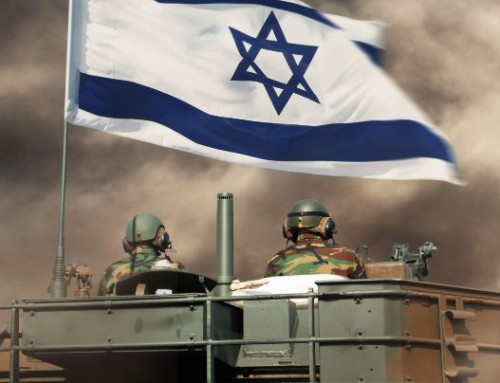
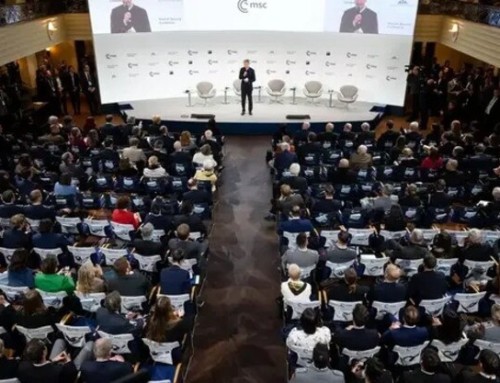
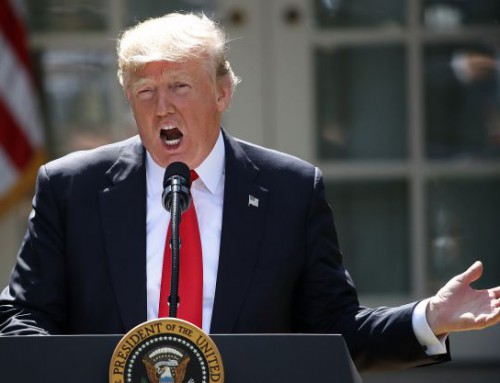
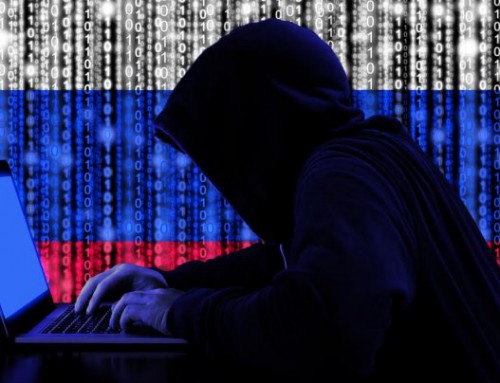
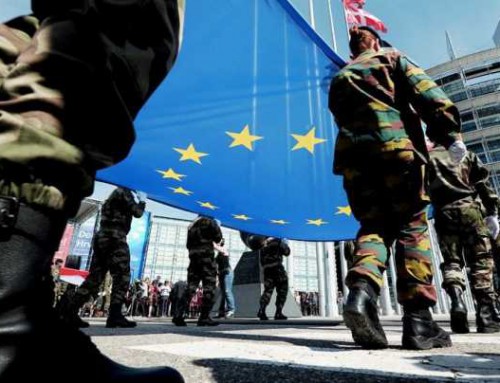
Leave A Comment